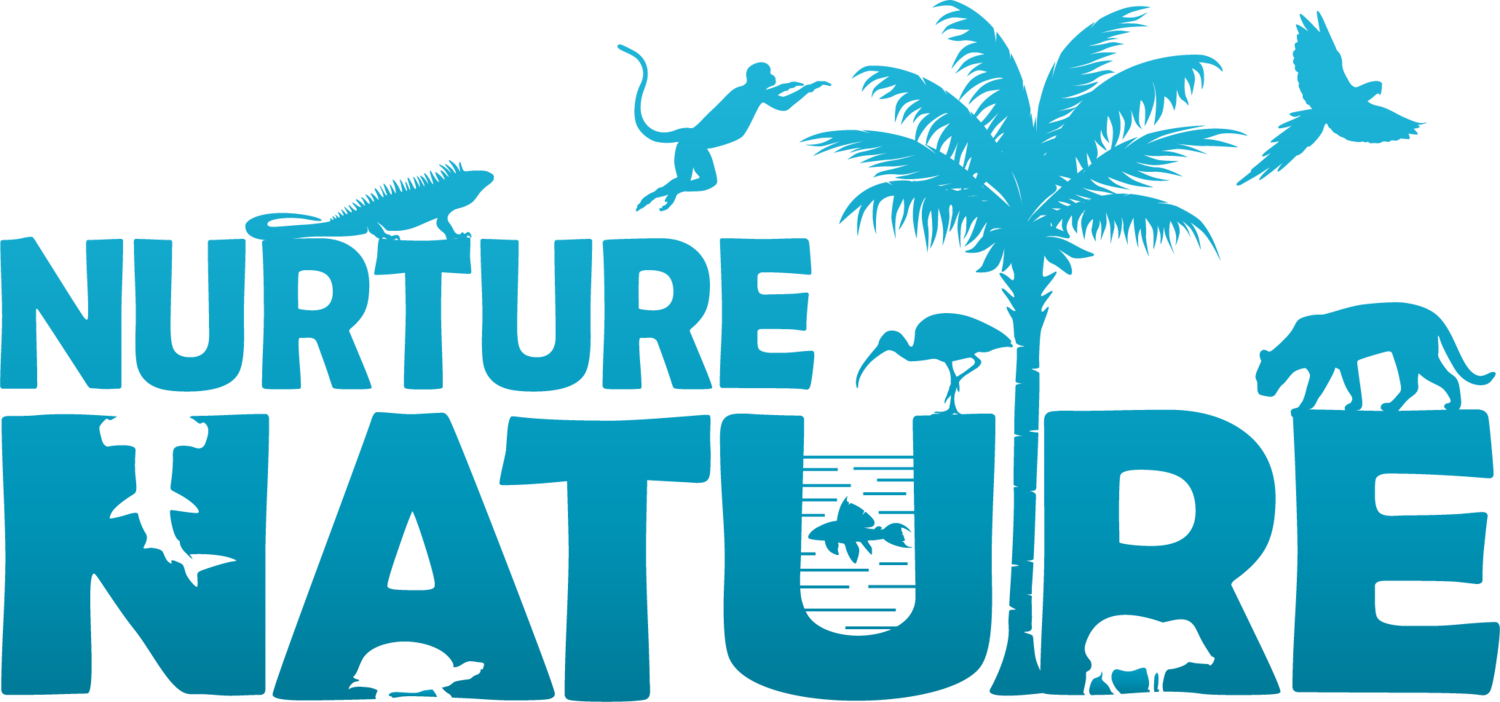
Solutions
Stopping the harmful trade in pet wildlife in Trinidad & Tobago will require a range of solutions, including behavior change, investments in law enforcement, legal reforms, and regional cooperation.
The Nurture Nature Campaign works to promote behaviour change whilst welcoming new collaborations to implement other solutions.
Behavior Change
Stop Buying Wild
Consumers must stop buying wild-caught pet wildlife. For every one animal that finds a caring home, many more die young or suffer extensive neglect and poor care. Thankfully, research suggests many pet wildlife keepers ultimately come to regret their participation.
Rescue Animals
There are a great many dogs and cats that need rescuing in T&T, and they also happen to make wonderful pets. It is possible to rescue wild animals like parrots, but responsible keepers must be very careful not to further incentivize the commercial trade.
Expand Vet Care
In many cases, wild animals cannot be rehabilitated and returned to the wild. Wildlife keepers should therefore ensure that their animals are cared for by trained veterinarians, and who might also share information on the harms of the pet trade.
Law Enforcement
Empower Agencies
Agencies that enforce laws against the harmful pet trade are constrained by their available resources and state of training. As of January 2021, there were just 19 Game Wardens to regulate all hunting, wildlife keeping, and wild meat sales in all of Trinidad and Tobago.
Partner with Others
Leading experts advise that diverse agencies and organizations can best tackle wildlife crimes by working together through a formal task force. This can improve information sharing, empower NGO coalitions, and support joint operations.
Use New Tools
Advances in databasing, mapping technologies, and ruggedized hardware now make it possible for relatively few field personnel to effectively manage large natural areas and prevent the illegal collection of wildlife for the pet trade.
Legal Reform
Improve Permits
Wildlife keepers are currently required to have a 1-year possession permit when keeping wildlife in captivity. Unfortunately, very few wildlife keepers have valid permits due to administrative backlog and a lack of clarity about permitting criteria.
Modernize Laws
The primary laws for the protection of animal welfare and biodiversity are from the pre-independence period. Numerous amendments make interpretation difficult and contemporary approaches to public management remain to be adopted.
Implement CITES
Trinidad and Tobago is a party to the Convention on International Trade in Endangered Species (CITES). However, the country is currently considered a “category 2” country as local laws only partly implement this major international agreement.
Regional Cooperation
Joint Efforts
Collaborations between local and regional organizations like the Nurture Nature Campaign can (hopefully) play important roles in ending harmful wildlife trades in T&T and the wider Caribbean. Currently, there are few such collaborations in existence.
Network Creation
The Caribbean community is a global late-comer to the strategy of forming regional Wildlife Enforcement Networks (WENs). The Bahamas, St. Kitts & Nevis, and others have expressed support, but more leadership is needed to create a “Carib-WEN.”
Train Together
A wide range of resources exist to train enforcement officers and public advocates alike in stopping harmful wildlife trades. Training programmes are particularly feasible when done at the regional level and can support new collaborations.
